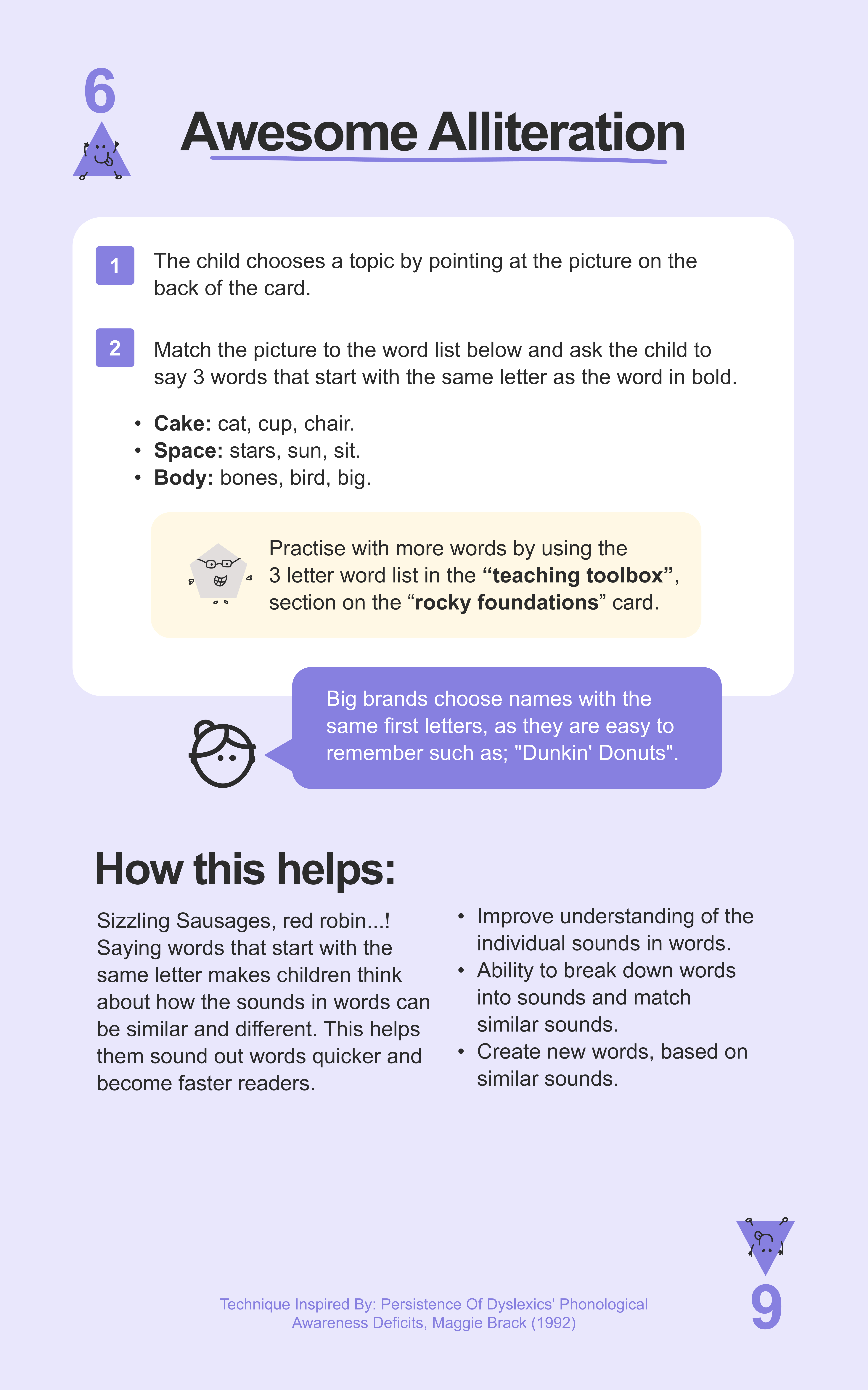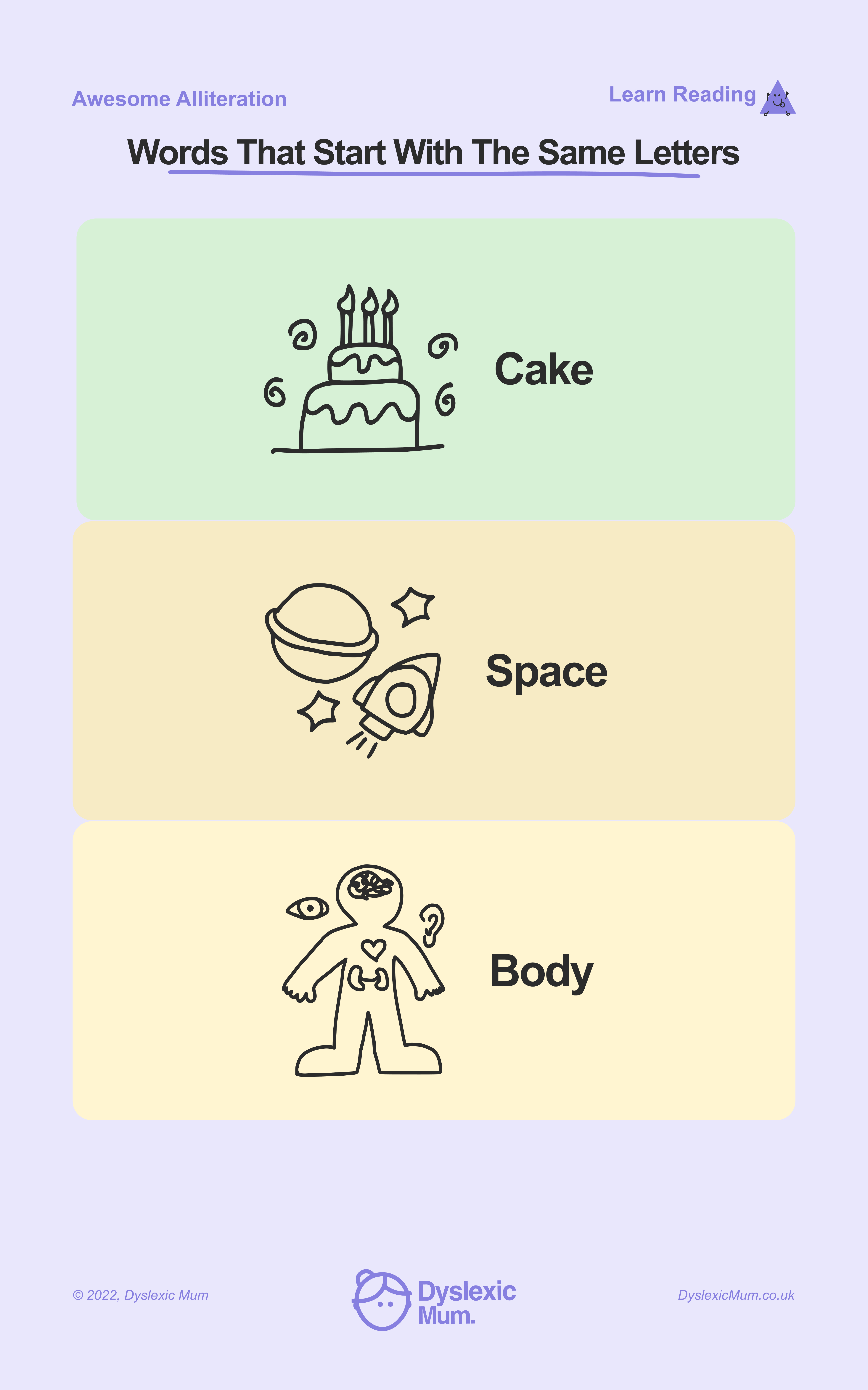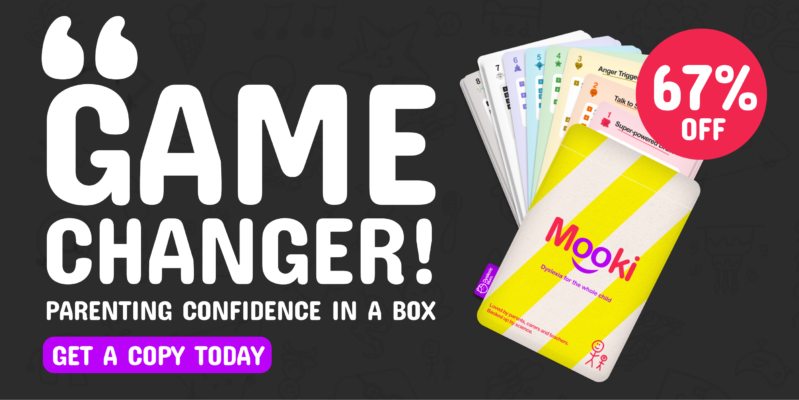Your basket is currently empty!
Awesome Alliteration Card
Use the ‘Awesome Alliterations’ card below to start discussions about feelings. This activity comes from Mooki Cards and is based on research from “Persistence of dyslexic’s phonological awareness deficits”.


Learn word sounds improve reading
Get help and advice from the Dyslexic Mum below. She shares how alliterations help children remember. Also, check her top tips for using the ‘Awesome Alliterations’ card above.
“A child growing-up in the 1980s it was the decade of the power brands. Coca-Cola was in every hit kids movie, on every billboard and adverts on the TV. It was a name all kids remembered, simple catchy and easy to say. Other big brands followed Coco-Cola, using names that flowed. Such as Krispy Kreme, Dunkin Doughnuts, PayPal and most recently TikTok.
Children’s authors, songwriters, and poets use alliteration in their work. It makes it easier for children to remember words and sounds. When using the ‘Awesome Alliterations’ card to help a dyslexic child to better at reading. Follow these top tips:
Designed to help dyslexic children Mooki Cards. Complete with 56 cards and storage wallet. Perfect for using at home or in the classroom. Order your Mooki Cards here!

